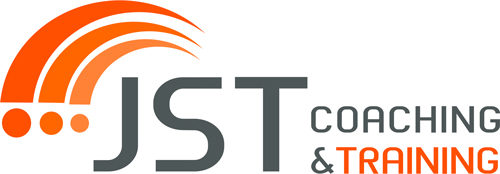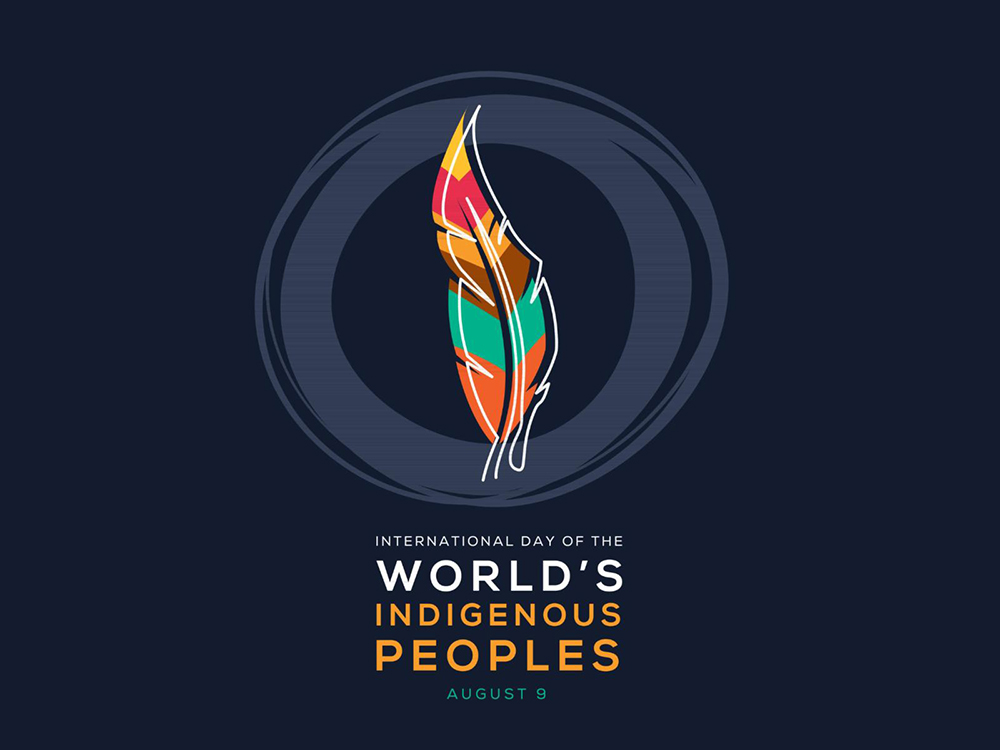August is here! I’m feeling energized from attending the AHEAD conference and wondering how to squeeze the last drops from my summer before the rush of the beginning of the school year. This month I’d like to focus on International Day of the World’s Indigenous Peoples which occurs on August 9th. This goal of this date is to raise awareness of the needs of Indigenous Peoples across the globe.
According to UNESCO there are approximately 370-500 million Indigenous people who inhabit about 22% of global land. Yet, this group continues to face extreme poverty, marginalization, and human rights violations.
This International Day of the World’s Indigenous Peoples 2024 is focusing on ‘Protecting the Rights of Indigenous Peoples in Voluntary Isolation and Initial Contact’. As a global society, we must accept and embrace the fact that some Indigenous populations choose to remain in isolation and want to be left alone. Learning about how to respectfully engage or respect voluntary isolation will be important for allowing Indigenous Peoples across the globe to continue to survive.
When I think about the rights of Indigenous Peoples and the necessity of creating policies and rules about engagement to protect these groups, I think about world history of creating rules and policies of engagement towards marginalized groups and wonder what the lives of Indigenous Peoples will look like in 20 years. Will we respect the groups and their choices to engage or not? Will we continue to honor and respect the culture and identities of Indigenous Peoples? Or will we do as we’ve done in the past with other marginalized groups? To this end, the UN has created an elearning tool about the rights of Indigenous People in an effort to create awareness about Indigenous Peoples rights.
UNESCO has adopted policies regarding the rights of Indigenous Peoples, a few of which I embrace as a coach: education and development with culture and identity, self-determination, and free, prior, and informed consent, human rights and fundamental freedoms, equality, and non-discrimination.
Educating myself about different cultures, respecting identities of my clients while allowing free-flowing communication based in curiosity and the notion that a person controls their own life is a key part of being a skilled coach. I challenge you this month to learn about Indigenous People in countries where you live or want to visit. Use your curious coaching mindset to explore, learn, and acquire resources about Indigenous Peoples.

